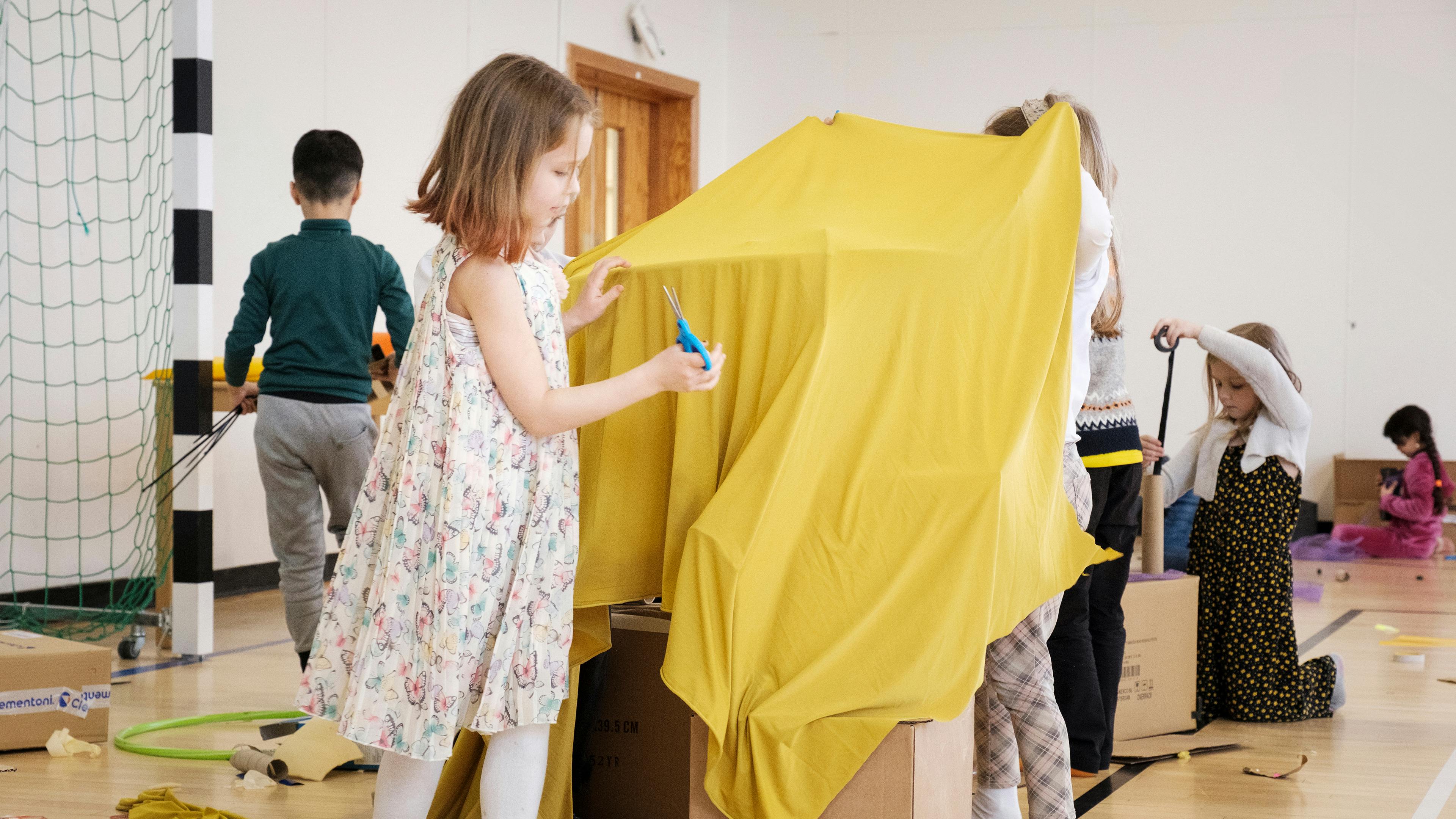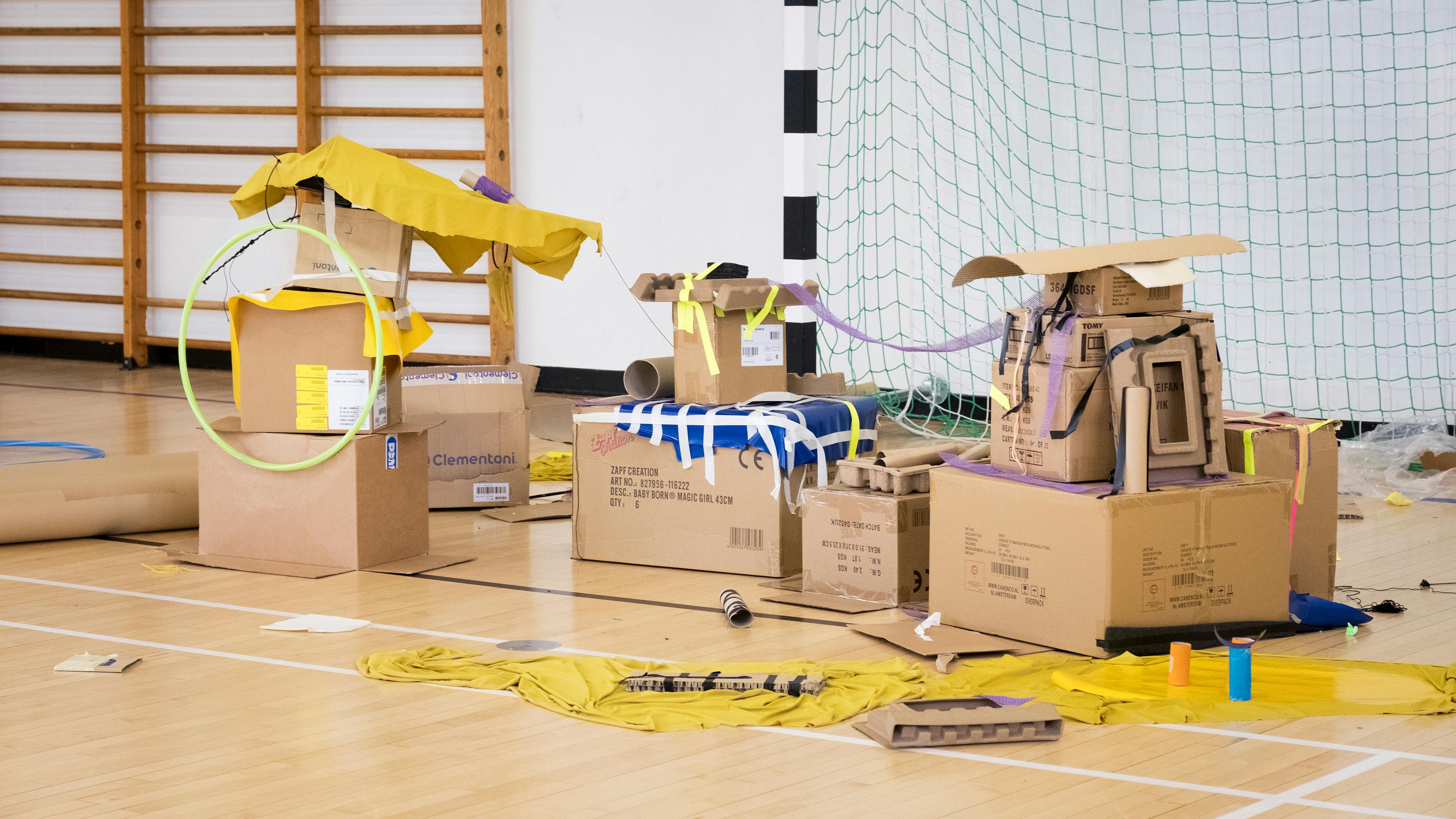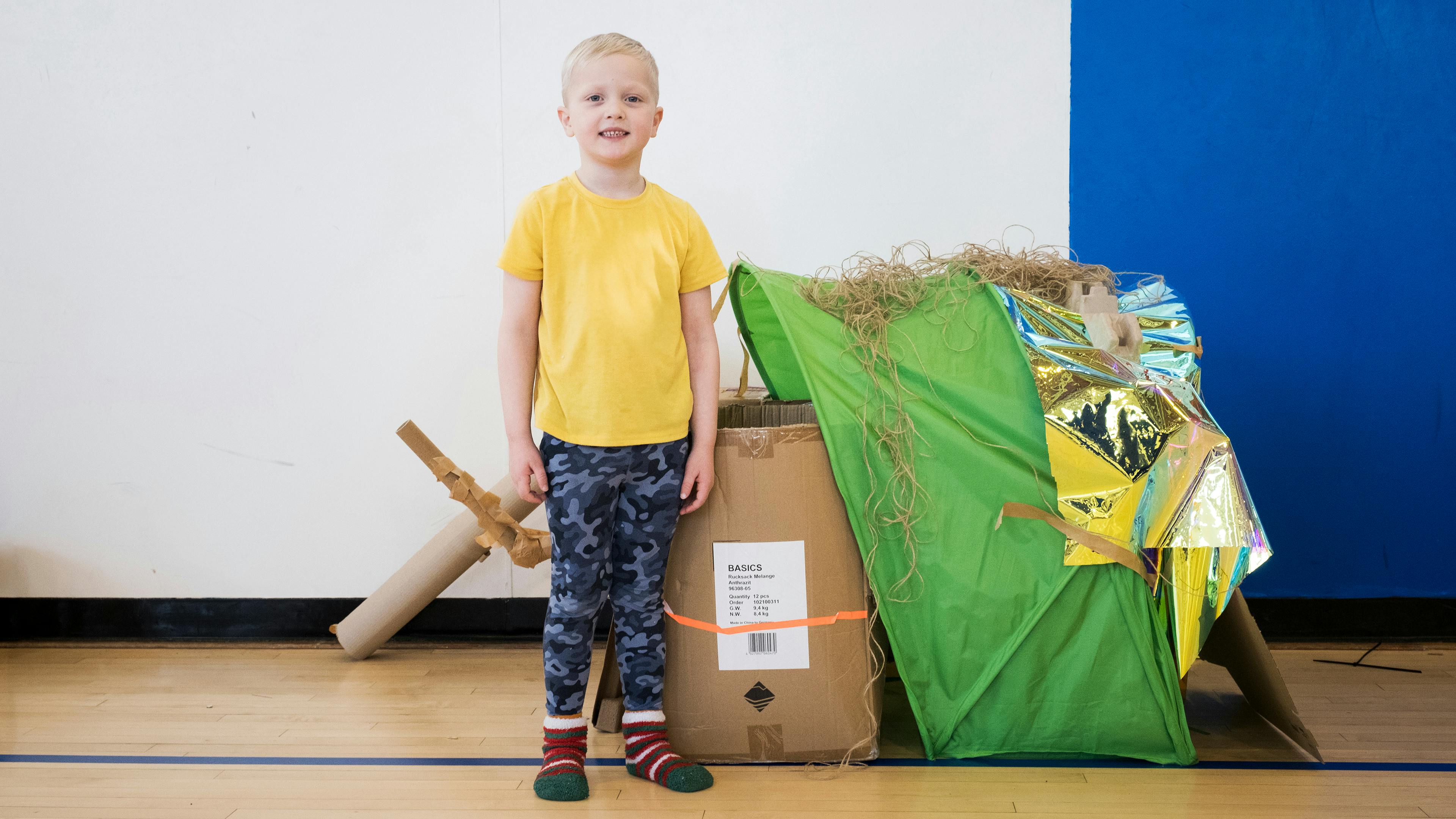Children and city planning winner of Project at Icelandic Design Awards 2024.
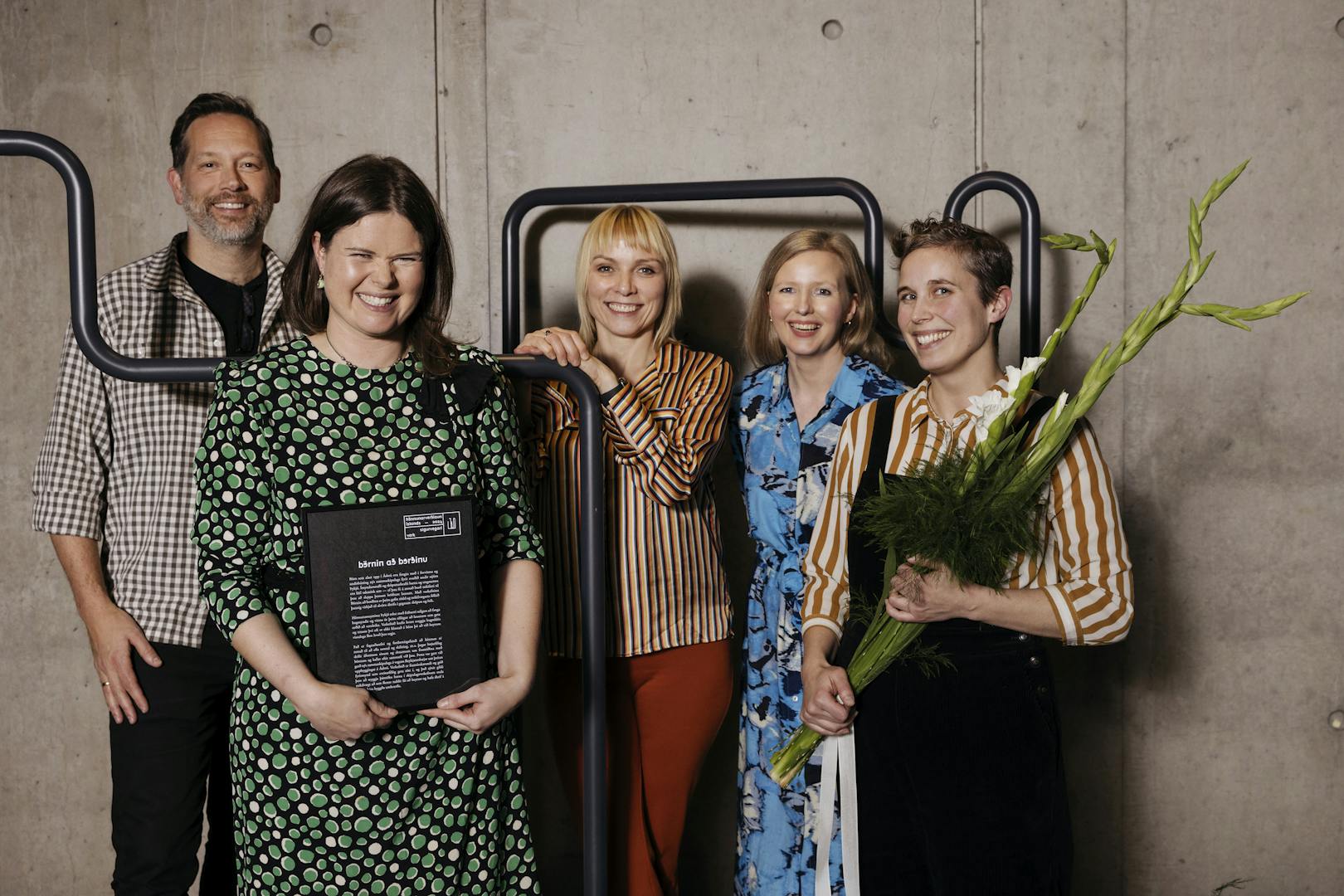
Children and city planning (Börnin að borðinu), by the interdisciplinary design team Þykjó is the winner in the category Project at the Icelandic Design Awards 2024 for capturing children's ideas and converting them into an action with the aim to give them voice and mobilize them to influence.
From the jury:
Children's imagination and creativity are an endless source of power — if they have the opportunity to unleash it. The project Children to the Table, aims to give children a voice and mobilize these important people to influence real decision-making processes through their specialty — creativity and play.
The design team Þykjó captures their ideas and converts them into an action plan where their suggestions can become a reality. This project relies on courage and trust, as, unfortunately, we do not often listen to children’s opinions, even though we can clearly hear them. Similarly, we do not have a long tradition of taking ideas from children and young people seriously and communicating them respectfully in order for them to be implemented. In this project, Þykjó guides them to think practically, whether the topic is playgrounds or trash cans. However, playfulness and notions of belonging, nature, and beauty are always at the forefront because children wish for inclusion and a better world.
It is undoubtedly gratifying and sets a good example when design is used to empower communication and understanding. This was done when representatives for Ásbrú shared their dreams for the future with children and asked for their input during development plans for a new framework strategy for the municipality of Reykjanesbæ. Children and youth are an active and valuable part of society, and their views and needs should be considered.
Framework strategy is a relatively obscure concept and a complicated task for most people. Therefore, imparting its purpose to children and engaging them in participation and dialog is not easy. Þykjó was successful in its choice of methods and resourcefulness, making the Children to the Table project a testament to how children’s views can be a resource in dealing with complicated and extensive projects. Clearly, this project can be transferable to other contexts where the voices of children and youth need to be heard.
How do the children of Reykjanesbær translate the complicated framework strategy process for areas they want to use and share with others? Þykjó is successful in gathering this information and presenting it in a concise and fun manner, which at the same time is educational, empowering, and engaging for participants. The project sets an excellent example for municipalities, showing the value of ensuring children’s participation in long-term planning projects where it is essential that as many voices as possible are heard and more people can influence their constructed environment.
Listening and activating through play and creativity is empowering for all generations — and we need imagination to create an exciting and sustainable future. The design team Þykjó manages to capture the ideas of people with the richest imagination – children - and convert them into an action plan where their suggestions can become a reality. The implementation is now in the hands of Reykjanesbæ.
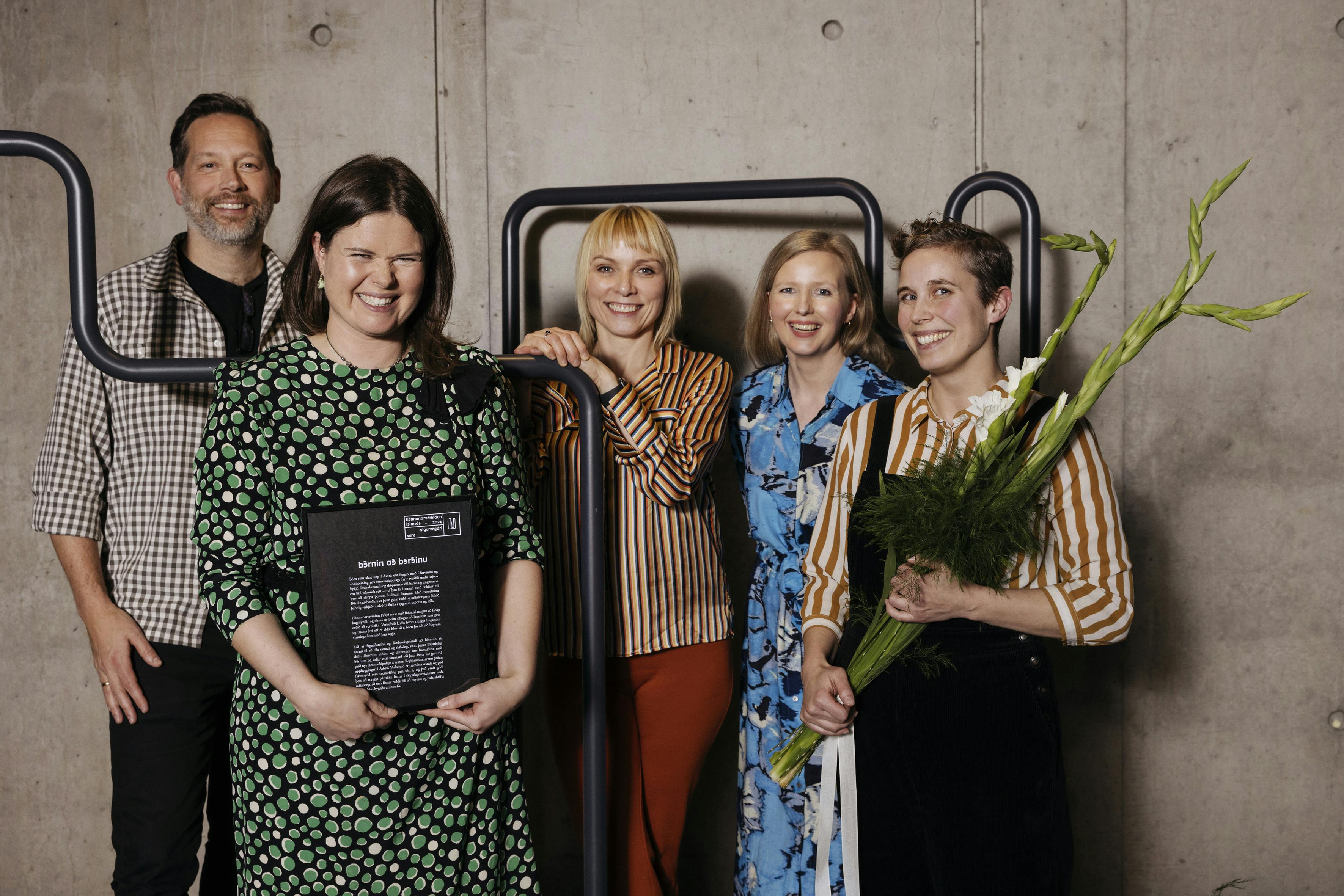
Halldór Eiríksson, architect, gave the design team from Þykjó the award at the award ceremony that took place for the 11th time on November 7th in Gróska, in the presence of a large crowd who celebrated outstanding design.
The category Project calls for outstanding designed projects that have been executed. A variety of ideas, communication, experiences, exhibitions and solutions are considered.
The Icelandic Design Award honours the best Icelandic design and architecture annually. The importance of design in society, culture and business has been growing steadily, and it is therefore vital to increase the understanding of good design and highlight the value of quality.
The Icelandic Design Award is established by Iceland Design and Architecture in collaboration with the Iceland University of the Arts, the Museum of Design and Applied Art, Promote Iceland, The Housing and Construction Authorities of Iceland, SI - the Federation of Icelandic Industries, The University of Iceland Science Park and Gróska.
